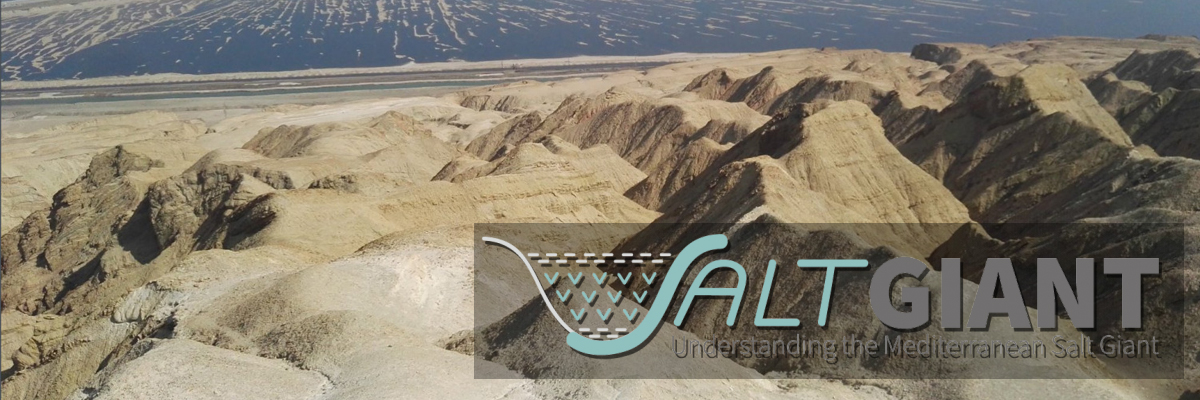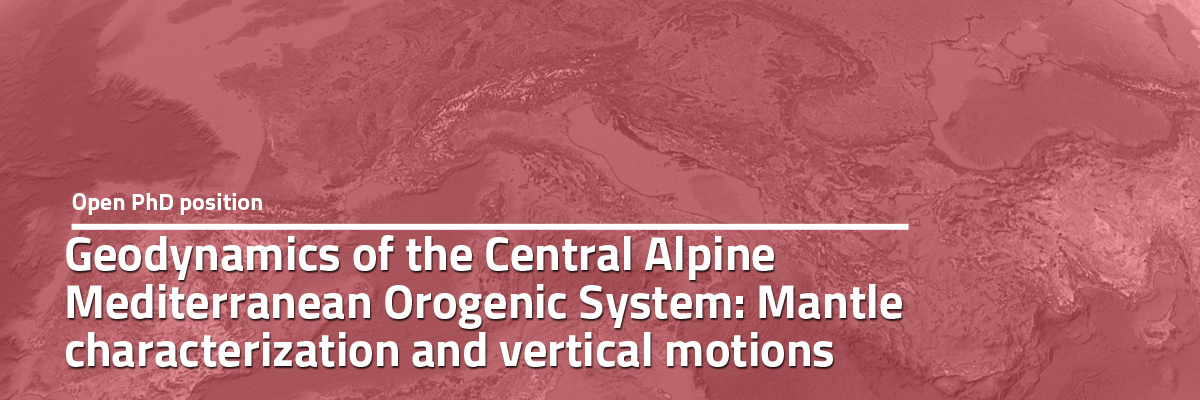En el marco de la convocatoria JAE INTRO ICU 2025, publicada por el Consejo Superior de Investigaciones Científicas (CSIC), la Conexión Geociencias presenta nueve planes de formación en distintas áreas de las geociencias.
Uno de estos planes está liderado por el investigador de GEO3BCN-CSIC, David Cruset, la investigadora de GEO3BCN-CSIC, Mar Moragas, y el investigador del CN-IGME, Ignacio Marzán, bajo el título: “Deciphering Reservoir Properties from Outcrop Analogues: Petrophysical Approaches for Efficient Geothermal Systems and Carbon Capture and Storage Projects”
Detalles y condiciones
- Lugar: Geociencias Barcelona (GEO3BCN-CSIC)
- Duración de la beca: 6 meses (preferentemente entre mayo y octubre de 2025, con posibilidad de acordar el periodo con el equipo investigador).
- Importe total: 6.000 € (6 mensualidades de 1.000 € cada una).
- Incluye: Un viaje entre los ICUs y CNs participantes en el plan de formación.
Requisitos
- Rama de Grado: Estar cursando, en el momento de la solicitud, un Grado en la rama de conocimiento de Geociencias (Geología, Geografía, Ciencias Ambientales, Ciencias del Mar, Ingeniería del Medio Natural o similares) y no estar en posesión ni en disposición legal de obtener un título de Doctor/a.
- Nota media: Acreditar una nota media del Grado igual o superior a 7,5 (escala 1-10).
- Máster Universitario Oficial: En caso de haber finalizado el Grado, estar cursando en el curso académico actual, o estar admitida/o o matriculada/o en el curso siguiente, un Máster Universitario en la rama de conocimiento de Geociencias.
Descripción de la propuesta
Decarbonization of the economy is a global priority to limit global warming and due to the increase of the energy demand and the continuous growth of population worldwide. In accordance with these needs, part of the role of geoscientists is to identify suitable areas for CO2 sequestration and hydrogen storage in the subsurface as well as the implementation of more efficient geothermal power systems. The identification of these areas requires the petrophysical and petrothermal characterization of reservoir rocks units considering proxies such as porosity, permeability, mineralogy, elemental composition, rock and mineral density, seismic wave velocity and thermal conductivity. Sedimentary basins are the distal part of source to sink systems that are the result of the interactions between elements such as tectonics, climate, source rock composition, sedimentary processes and diagenesis. These elements define the size, sedimentary architecture, evolution, and composition of depositional systems, which may affect the petrophysical and petrothermal properties of reservoir rocks and seals. The main aim of this formation plan is to show the student how a research project is developed, as well as providing training on the use of different methodologies and the integration of results. The project will be co-supervised by Dr. David Cruset and Dr. Mar Moragas from the GEO3BCN-CSIC as well as Dr. Ignacio Marzán from IGME, and will be focused in the Ebro foreland basin as a case study due to the excellent exposures of thick sedimentary successions and available subsurface data (well logs and seismic surveys). This training integrates the acquisition of structural and sedimentological data with petrographic, geochemical, mineralogical, petrothermal and petrophysical characterization of outcropping sedimentary rocks. The results obtained in the laboratory from outcrop samples will be compared with subsurface geophysical data of equivalent sedimentary successions with the aim of generate a database of petrophysical data (also included in an open access map), which will be fundamental to future perspectives of exploration of the geoenergetic potential of the studied area. The expected outcomes will be of great scientific and social interest, as they will advance geological knowledge and provide valuable data for the exploitation of the subsoil’s potential. It is recommended that candidates have experience in sedimentology, petrology, and/or geophysics.


